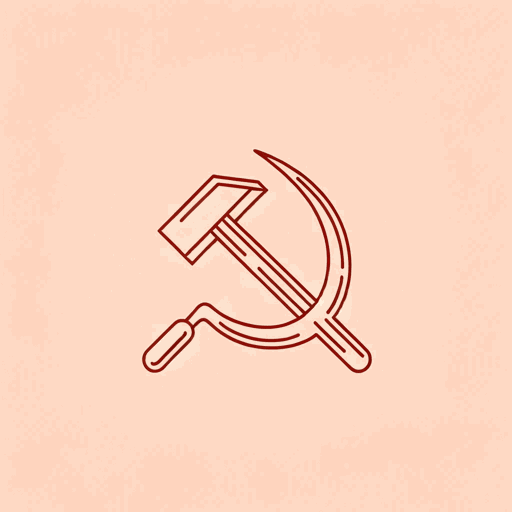79 pages • 2 hours read
Karl MarxDas Kapital
Nonfiction | Book | Adult | Published in 1867A modern alternative to SparkNotes and CliffsNotes, SuperSummary offers high-quality Study Guides with detailed chapter summaries and analysis of major themes, characters, and more.
Part 4Chapter Summaries & Analyses
Part 4: “The Transformation of Money into Capital” - Part 4, Chapter 15: “Machinery and Large-Scale Industry”
Part 4, Chapter 12 Summary: “The Concept of Relative Surplus-Value”
Since capitalists face the limit imposed by the fact there are only so many hours in a day, they can only increase surplus value by lengthening workers’ shifts so much. This is what Marx calls “absolute surplus-value” (432). Faced with this limit, capitalists can instead increase surplus value by reducing wages or having as few workers as possible perform the labor, which Marx terms “relative surplus-value” (432). In Marx’s own words, “with the increase in the productivity of labour, the value of labour-power will fall, and the portion of the working day necessary for the reproduction of that value will be shortened” (432).
Nor do capitalists care about the actual value of commodities: They care only about the surplus value that can be realized through selling them, so they also raise relative surplus value by lowering the standards of their products. Even with technological progress improving production, capitalists do not reduce the demands put on workers. The only real decrease in labor caused by technological change is when certain skilled workers lose their jobs to machines and are unable to find new jobs.
Related Titles
By Karl Marx
Featured Collections
Business & Economics
View Collection
Challenging Authority
View Collection
Class
View Collection
Class
View Collection
Colonialism & Postcolonialism
View Collection
Philosophy, Logic, & Ethics
View Collection
Politics & Government
View Collection
Poverty & Homelessness
View Collection
Power
View Collection





